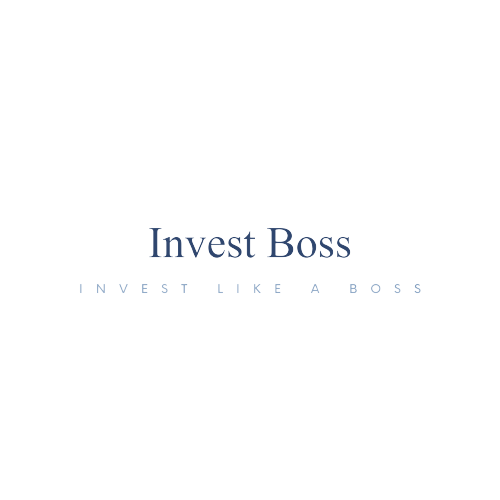The Neighbor Effect: A Deep Dive into the Psychological Underpinnings of Stock Market Bubbles
Introduction
The term 'stock market bubble' is often associated with a rapid, overinflated rise in asset prices, followed by a precipitous crash. However, the definition of a bubble can be subjective and deeply rooted in the psychology of investors. Tom Lee of Fundstrat offers an intriguing perspective, defining a bubble as a situation where your neighbor is making money on a stock, and you are not. This definition, while seemingly straightforward, encapsulates a complex interplay of psychological factors and market dynamics, which we will explore in depth.
The Neighbor Effect: A Psychological Perspective
"The 'Neighbor Effect', as we'll refer to it, is a potent psychological trigger in financial markets. It's a manifestation of social comparison, a theory first proposed by social psychologist Leon Festinger in 1954. When we observe others, particularly those within our close social circles, profiting from certain investments, it can lead to feelings of envy, regret, and the fear of missing out (FOMO). These emotions can drive investors to make decisions based on the perceived success of others rather than a rational analysis of market conditions and asset value."
Historical Precedence and Lessons
Historically, the Neighbor Effect has been evident in various market bubbles. During the dot-com bubble of the late 1990s, stories of overnight millionaires lured many investors into the market, driving up the prices of internet stocks to unsustainable levels. The NASDAQ Composite, a stock market index heavily weighted towards technology companies, rose from under 1,000 points in 1995 to over 5,000 points in 2000, only to fall back to around 1,000 points by 2002.
Similarly, during the housing bubble in the mid-2000s, seeing neighbors profiting from rising real estate prices led many to buy properties as an investment, contributing to the bubble. The U.S. National Home Price Index doubled between 2000 and 2006, before falling by about 30% over the next four years.
The Neighbor Effect and Current Market Trends
In the current market landscape, sectors like AI and tech have seen rapid growth, leading to concerns about potential bubbles. However, as Lee points out, despite significant gains in companies like Nvidia, the rise in stock prices is still far from the exponential increases seen during the dot-com bubble. This suggests that while the Neighbor Effect may be at play, it has not led to a bubble formation in these sectors.
Conclusion: Navigating the Neighbor Effect
Understanding the Neighbor Effect and its role in bubble formation can help investors make more informed decisions. While it's natural to compare our financial success with others, it's crucial to base investment decisions on thorough market analysis and individual risk tolerance.
"As Lee's definition suggests, the perception of a bubble is often subjective and influenced by individual experiences and emotions. Therefore, a disciplined investment approach, grounded in fundamental analysis and a clear understanding of individual risk tolerance, is crucial in any market environment."
While the rapid growth in certain sectors has raised concerns about potential bubbles, it's essential to consider these factors in the context of broader market dynamics and individual company performance. As the debate around the definition and identification of stock market bubbles continues, one thing remains clear: understanding the psychology of bubbles, including the Neighbor Effect, is a crucial aspect of navigating the complex world of investing.

